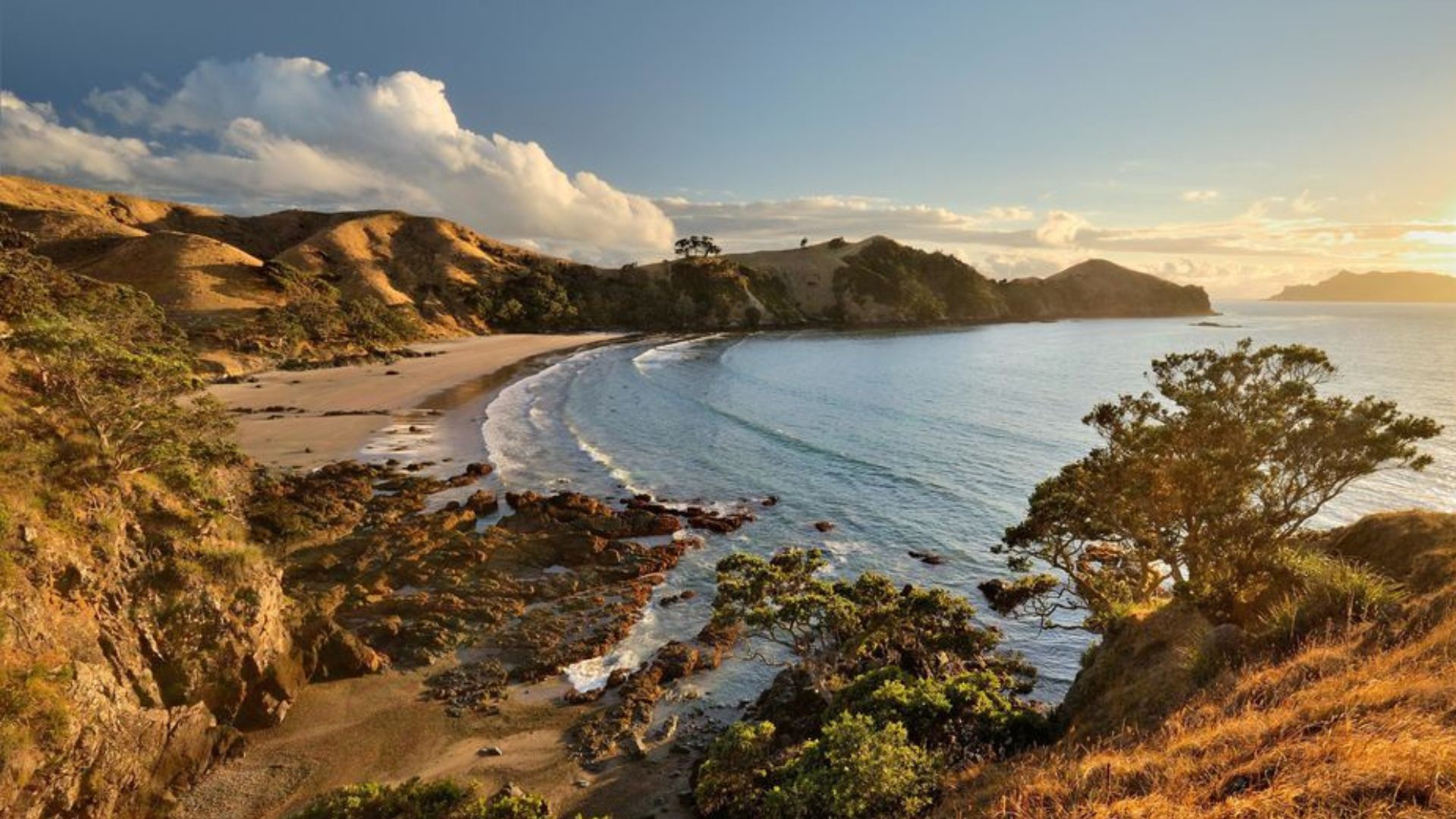Help Us Protect the Hauraki Gulf Islands
The Hauraki Gulf is a nationally significant marine park, home to some of New Zealand’s rarest and most endangered species, such as tuatara, kiwi, and shore plover. Many of the islands are fully or partially pest-free, providing critical safe havens where native wildlife can thrive. However, these ecosystems are fragile, and invasive pests pose a serious threat.
To help preserve these unique environments, we ask that all passengers thoroughly clean and check their gear before arriving at our terminals. Items such as footwear, camping equipment, and plants can unknowingly carry pests, soil, or weed seeds that can devastate native species.
Why Is This Important?
Pests like rats, mice, insects, and weeds can easily stow away in bags, shoes, and gear, threatening New Zealand’s native wildlife:
Rats eat birds, eggs, reptiles, and insects.
Mice prey on small birds, reptiles, and insects.
Argentine ants destroy native insects and baby birds.
Plague skinks outcompete native lizards for food and habitat.
Soil can carry plant diseases like kauri dieback.
Weeds can smother native plants and alter the natural environment.
How to Prepare for Your Trip
To ensure your gear is pest-free, please follow these important steps:
- Pack food in sealed plastic containers or thoroughly taped boxes.
- Check footwear and all gear for soil, seeds, and pests.
- Inspect camping gear thoroughly, especially if it has been stored away.
- Examine plants, potting mix, and plant materials for any signs of pests.
- Seal your gear and food after packing and keep it sealed until you arrive at your
destination
Without your cooperation, we cannot ensure the biosecurity of the islands, and your trip may not be able to take place. If you have any doubts or questions about biosecurity,
feel free to ask us.
Together, we can help keep the Hauraki Gulf Islands pest-free and safe for future generations.
For more information, please visit the Auckland Council's guide on biosecurity






